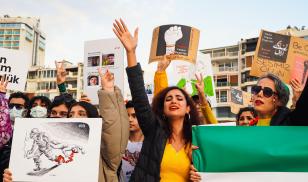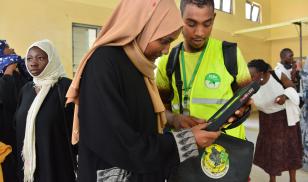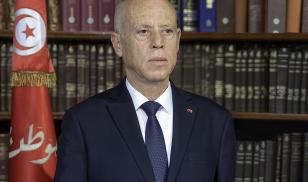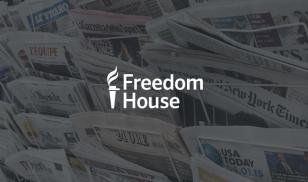Tunisia
After the ouster of a longtime autocrat in 2011, Tunisia held a series of free multiparty elections, and citizens enjoyed considerable political rights and civil liberties under a constitution promulgated in 2014. However, endemic corruption, economic challenges, security threats, and unresolved problems related to gender equality and transitional justice remained obstacles to full democratic consolidation. In 2021, President Kaïs Saïed took a number of emergency measures aimed at transforming the political system and expanding his own executive power. Having unilaterally replaced the prime minister and suspended the parliament, in 2022 Saïed formally dissolved the old legislature, issued a new constitution and electoral law, and continued campaigns of legal harassment against his political opponents.

Freedom in the World — Tunisia Country Report
Tunisia is rated Partly Free in Freedom in the World 2023, Freedom House's annual study of political rights and civil liberties worldwide.
Countries in the Spotlight
Freedom in the World's Countries in the Spotlight features countries that experienced important developments in 2019 that affected their democratic trajectory, and deserve special scrutiny in 2020. In Tunisia, competitive presidential and parliamentary elections reinforced the country’s democratic institutions, though a state of emergency remained in place due to the ongoing threat of terrorism. View the full report to see the other Countries in the Spotlight.

Freedom on the Net— Tunisia Country Report
Tunisia is rated Partly Free in Freedom on the Net, Freedom House's comprehensive study of internet freedom around the globe.
News & Perspectives on Tunisia
In Africa, Contrasting Coups and Elections Underscore the Benefits of Democracy
Perspectives
March 30, 2023
Tunisia: Saied’s Draft Constitution Is an Assault on Checks and Balances, Political Pluralism
Press release
July 22, 2022


